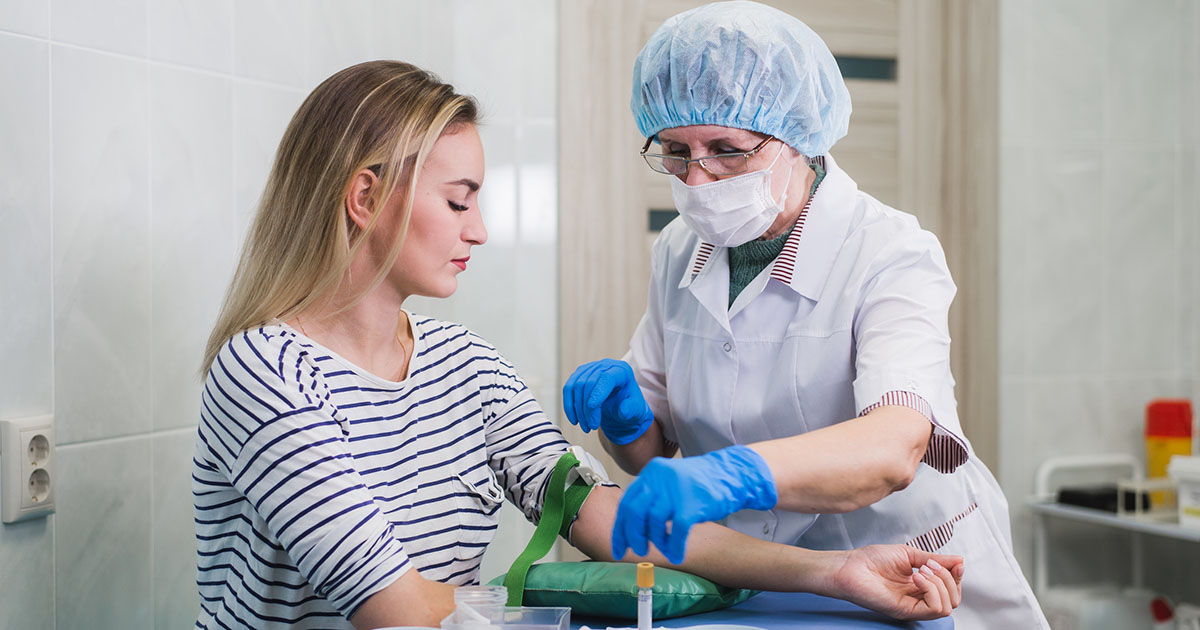Why You Should Get Your DNA Tested
Risks Associated With DNA Testing

Although testing your DNA is relatively harmless, some consequences can happen after a person finds out their results. For instance, many individuals are vulnerable to being misled by the results of unproven or invalid tests, and without professional guidance from a genetic counselor or healthcare provider, they make significant decisions regarding their health based on inaccurate, incomplete, or simply misunderstood information DNA tests can provide. Some individuals may also experience an invasion of privacy when it comes to their genetics, as some testing companies may use their genetic information in an unauthorized manner. The physical risks associated with DNA testing is quite small, especially for tests requiring a blood sample or cheek swab. However, genetic testing used for prenatal testing carries a minimal risk of a woman suffering a miscarriage as the test requires a sample of the amniotic fluid or tissue surrounding the fetus.
Many of the risks associated with genetic testing are the emotional, social, and financial consequences of the test results, as some individuals may experience anger, depression, anxiety, or guilt because of their results. Additionally, genetic testing can create tension amongst family members as it can reveal information about a family as well. Genetic discrimination regarding employment or insurance can also be a concern for some individuals. It should be noted genetic testing only provides limited information about an inherited condition, and an individual should consult with a medical professional for more information that can greatly help them deal with their results.
Who Needs DNA Testing?

Technically, anyone can have their DNA tested for a variety of reasons, and most should have their DNA tested at some point in their life. As previously mentioned, DNA testing can be used to check for genetic disorders, inherited health conditions, paternity testing, and ancestry testing to discover their origins and to search for distant relatives. Historians and archaeologists have also used genetic testing to study unearthed skeletons found at historic sites, and by forensic scientists have used it at crime scenes. What are the different forms of genetic testing? Besides the three genetic tests that can be done specifically on the cells, there are four common types of tests including paternity tests, genealogy or ancestry tests, gene therapy DNA testing, and forensic DNA tests.
DNA testing is a fantastic thing that can offer you many answers about your family and personal history. Just remember to use common sense when getting these tests done and realize there is more to it than just a test, but rather it is just another piece of the puzzle of what makes you, you.
